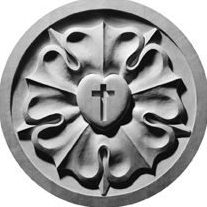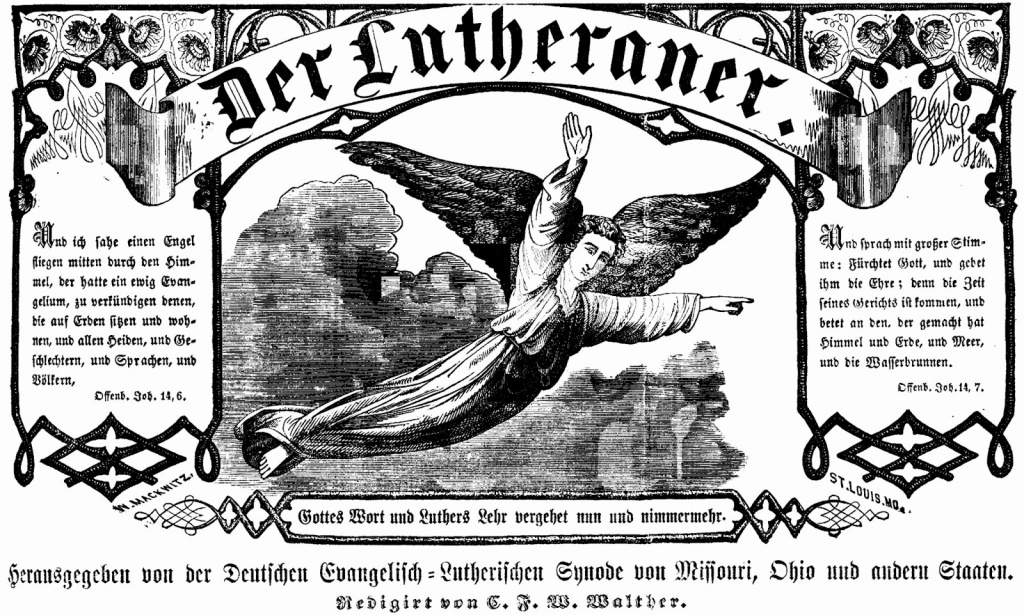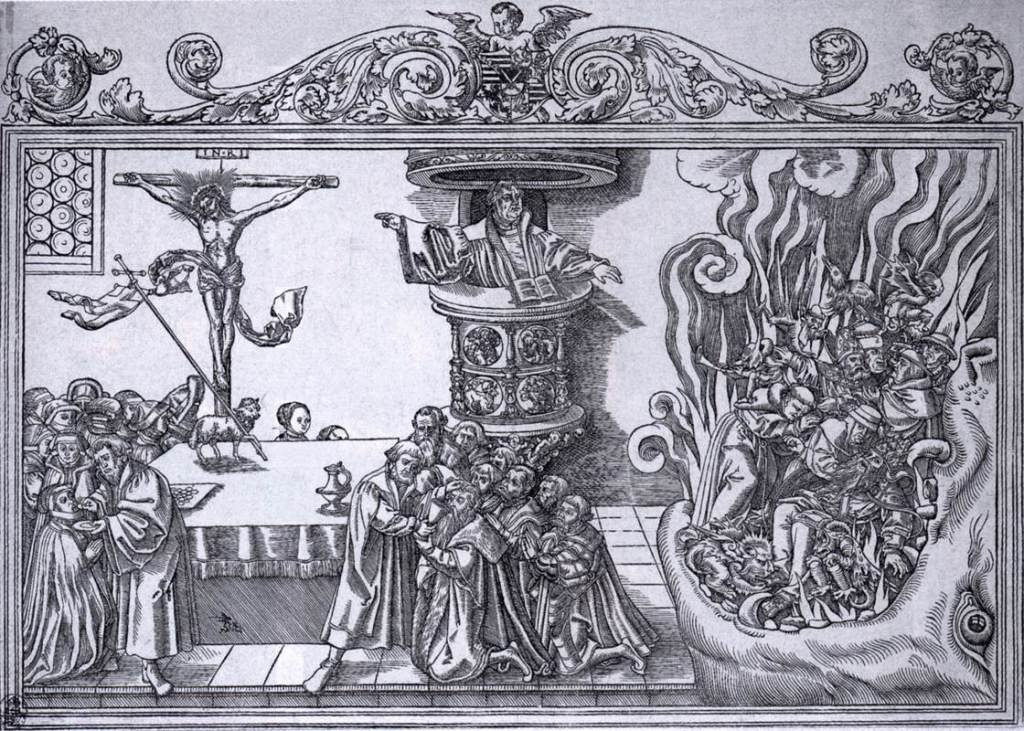Michael King Jr. is a man who is greatly revered by the world. However, given what is now public knowledge about him, one wonders how this could be the case: King was no Christian, but a liberal apostate at best; he was a Communist fellow traveler who privately described himself as a Marxist; he was an adulterer and a rapist; he was an avowed enemy of the White race. And so, in order that the blasphemous Cult of King may be at least somewhat weakened, I will substantiate each of the above assertions.
For this first part, dealing with King’s religious doctrines, the following essays were utilized: “The Influence of the Mystery Religions on Christianity,” “The Humanity and Divinity of Jesus,” “What Experiences of Christians Living in the Early Christian Century Led to the Christian Doctrines of the Divine Sonship of Jesus, the Virgin Birth, and the Bodily Resurrection,” and “The Christian Pertinence of Eschatological Hope.”
The general character of King’s religious writings
In none of the essays used does King fail to deny at least one article of the Creed. His teachers, not unfairly, praised his poorly written papers as ones “which would appeal to the liberal mind.” At the end of these essays, there is not a single Christian doctrine that has not been overthrown by King in the name of liberalism. He explicitly denies the uniqueness of Christianity over against the pagan religions, that Jesus Christ is “very God of very God,” that He is the Son of God, that He was born of a virgin, that He rose from the dead, that He will come again to judge the living and the dead, and that there is “life everlasting.”
King’s doctrines in particular
In his paper on “The Influence of the Mystery Religions on Christianity,” King teaches that the growth of Christianity was just a natural result of “historical and social factors.” It had nothing to do with faith itself. Further, with Christians “being in contact with these surrounding religions and hearing certain doctrines expressed, it was only natural for some of these views to become a part of their subconscious minds. When they sat down to write they were expressing consciously that which had dwelled in their subconscious minds. It is also significant to know that Roman tolerance had favored this great syncretism of religious ideas. Borrowing was not only natural but inevitable. . . . There can hardly be any gainsaying of the fact that Christianity was greatly influenced by the Mystery religions, both from a ritual and a doctrinal angle. This does not mean that there was a deliberate copying on the part of Christianity. On the contrary it was generally a natural and unconscious process rather than a deliberate plan of action. Christianity was subject to the same influences from the environment as were the other cults, and it sometimes produced the same reaction. The people were conditioned by the contact with the older religions and the background and general trend of the time.” — Elaborating upon this, King asserts: “the merging of the worship of Attis into that of Jesus was effected without interruption. . . . there is a decided tinge of Mithraism in the Epistles and Gospels.” — Further, King asserts that the descent into hell “did not appear in the church as a tenet of Christianity until late in the Fourth Century.” — Finally, at the end of this paper, he makes the following appalling blasphemy: “The staggering question that now arises is, what will be the next stage of man’s religious progress? Is Christianity the crowning achievement in the development of religious thought or will there be another religion more advanced?”
In the first paper, there were few explicit denials of the Christian faith. That is not the case with the remaining papers King wrote. In “The Humanity and Divinity of Jesus,” King denies very emphatically that Jesus is God. He writes: “Jesus was by no means omniscient. His knowledge was essentially limited by human conditions.” Already one must see that King was no Christian, but let us go further. “We may find the divinity of Christ not in his substantial unity with God, but in his filial consciousness and in his unique dependence upon God. It was his felling of absolute dependence on God, as Schleiermacher would say, that made him divine. . . . The orthodox attempt to explain the divinity of Jesus in terms of an inherent metaphysical substance within him seems to me quite inadequate. To say that the Christ, whose example of living we are bid to follow, is divine in an ontological sense is actually harmful and detrimental.” To invest this Christ with such supernatural qualities makes the rejoinder: ‘Oh, well, he had a better chance for that kind of life than we can possible have.’ In other words, one could easily use this as a means to hide behind behind his failures. So that the orthodox view of the divinity of Christ is in my mind quite readily denied.” So King himself confesses that he does not hold “the orthodox view of the divinity of Christ.”
In “What Experiences of Christians Living in the Early Christian Century Led to the Christian Doctrines of the Divine Sonship of Jesus, the Virgin Birth, and the Bodily Resurrection,” King says on the articles of the Creed: “But if we delve into the deeper meaning of these doctrines, and somehow strip them of their literal interpretation, we will find that they are based on a profound foundation. Although we may be able to argue with all degrees of logic that these doctrines are historically and philosophically untenable, yet we can never undermine the foundation on which they are based (?).” — On the virgin birth, King asserts that “evidence for the tenability of this doctrine is too shallow to convince any objective thinker.” Why? Because “the Gospel of Mark, the most primitive and authentic of the four (!), gives not the slightest suggestion of the virgin birth.” He then asserts that the Hebrew word almah can only mean “young woman.” So he thinks that it is somehow a sign when a young woman (who, he asserts, is not a virgin) gives birth. He continues: “We of this scientific age will not explain the birth of Jesus in such unscientific terms.” — On the resurrection of our Lord and Savior Jesus Christ, King simply writes: “From a literary, historical, and philosophical point of view this doctrine raises many questions. In fact the external evidence for the authenticity of this doctrine is found wanting.” — King has therefore destroyed all doctrines contained in the second article of the Creed. Despite the claim that “we can never undermine the foundation on which they are based,” King has in fact done just that. For he everywhere diminishes Scripture, especially those passages on which our faith must rest, as he admits elsewhere.
Having made shipwreck of the faith as regards the second article, King now seeks to do away with the third as well. In “The Christian Pertinence of Eschatological Hope,” King begins by censuring “some modern minds of the orthodox temperament” for being “willing to hold on to these traditional beliefs quite tenaciously.” He then contrasts the orthodox temperament with his own, saying that “the more objective modern minds” consider, among many others, the doctrines “dealing with eschatological hopes, particularly the second coming of Christ, the day of judgment, and the resurrection of the body,” to be “unscientific, impossible, and even bizarre.” In order to deal with these “problems,” King “goes beyond the shackles of literalism,” and libels the earliest Christians as “an unscientific people who knew nothing about a Copernican universe or any of the laws of modern science.” He then naturally denies the inspiration of Scripture before concluding that “it is our job as Christians to seek the spiritual pertinence of these beliefs, which taken literally are quite absurd.” — In his section repudiating the Second Advent of Christ, he blasphemes: “It is obvious that most twentieth century Christians must frankly and flatly reject any view of a physical return of Christ. To hold such a view would mean denying a Copernican universe, for there can be no physical return unless there is a physical place from which to return. In its literal form this belief belongs to a pre-scientific world view which we cannot accept.” He also says that the earliest Christians “got in unscientific realm because they began by saying that Jesus was the promised Messiah.” — Next, King quotes Scripture so that he may repudiate it, saying that “the average modern Christian finds it quite difficult to accept” that Christ will return as Judge. — Next, in keeping with his worship of Copernicanism, King writes: “Immortality to our forefathers in the Christian tradition meant eternal rest and peace in a physical place called Heaven and everlasting communion with God. Those who failed to achieve this immortal life were subjected to a physical place called Hell in which they would suffer eternal misery by burning in a blazing fire. In modern times we have come to see that such eschatological thinking is by far incompatible with the modern scientific world view. A physical Heaven and a physical Hell are inconceivable in a Copernican universe.” And to give a weak spiritual mask to this heresy, King goes further, saying, “It would be very difficult to conceive of God as blotting out the choicest fruit of the evolutionary process.” — Concerning the kingdom of God, King is quite transparent in his atheism, saying that modernists like him “find it very difficult to accept many of the older interpretations of the kingdom of God.” And it is very understandable, for they do not even believe in God.
Conclusion
Michael King Jr. never recanted any of the wicked heresies above, which is proof enough that he must be, in accordance with God’s righteous judgement, burning in hell eternally. However, some say that, although the man was indeed a heretic, still he was a force for good in the world. And so that that argument, too, may be rendered null, the next article in this series will go over his life as an activist.





